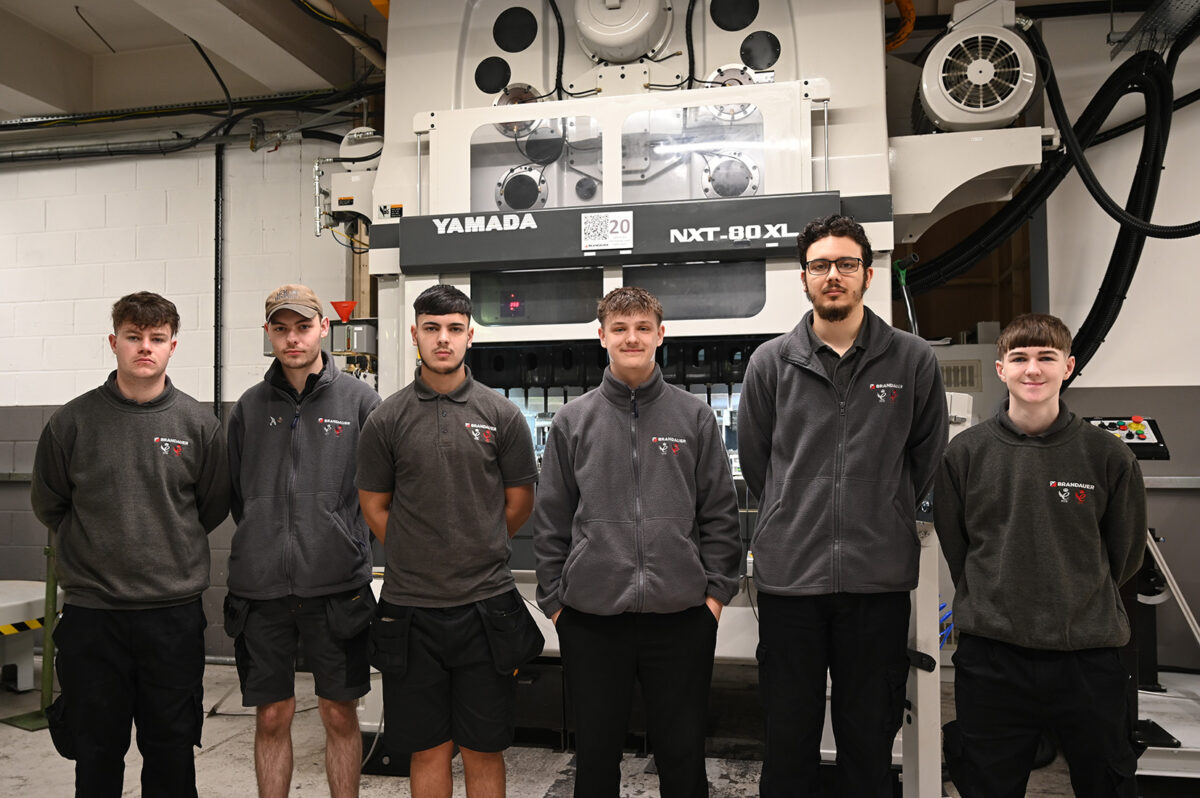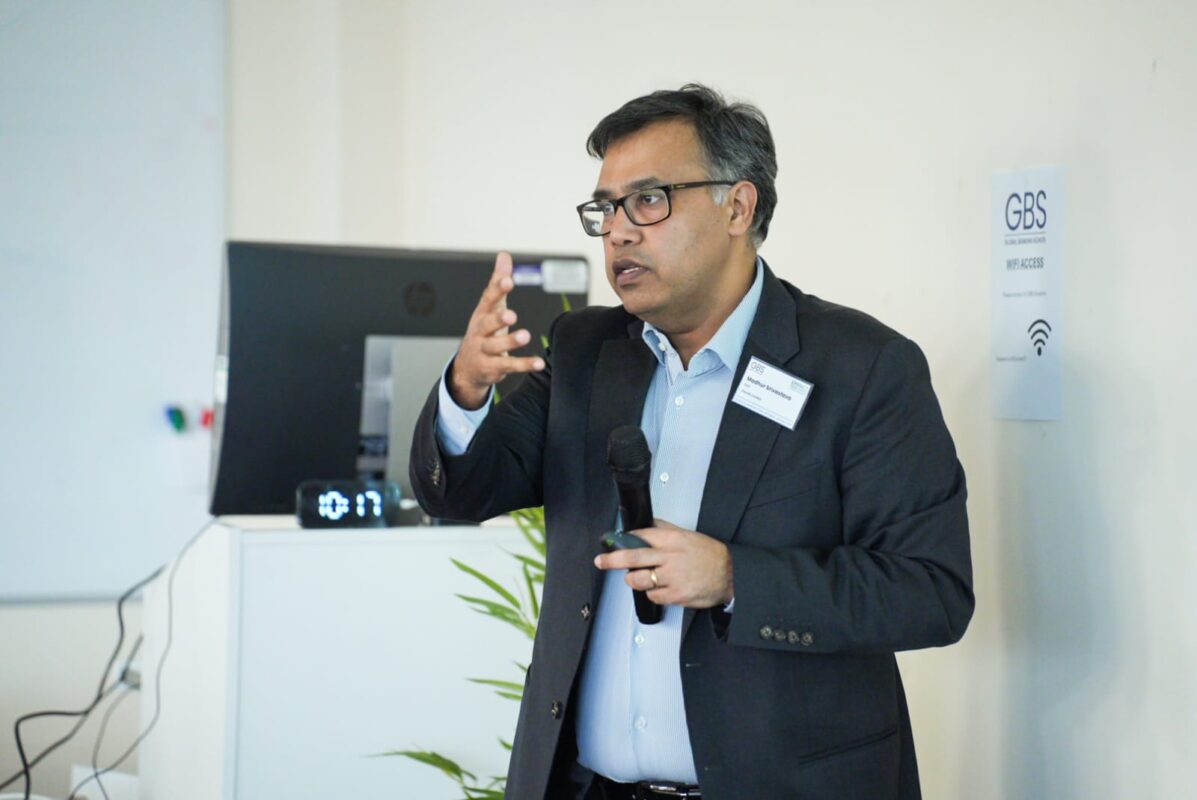New National Engineering Policy Centre to enhance government access to engineering expertise

The Royal Academy of Engineering hosted professional engineering institutions and senior policy makers on Monday 28 January for an inaugural reception for the newly established National Engineering Policy Centre.
The Centre aims to enhance the influence of the engineering profession in government and deliver increased impact from evidence-based policy. Led by the Royal Academy of Engineering, it brings together 38 organisations representing the profession to ensure that engineering expertise is applied to the issues that matter, the profession has a unified voice on shared challenges, and policy makers have easy access to the best of UK engineering expertise, for the benefit of society.
Last night’s event brought together the CEOs of many of the professional engineering institutions to discuss how existing relationships between policy makers and engineers can be strengthened.
The National Engineering Policy Centre builds on previous policy work in which engineering organisations have collaborated to give advice to government on cross-cutting challenges such as education provision, the industrial strategy, and the impact of Brexit on engineering-based business and research.
Professor Dame Ann Dowling OM DBE FREng FRS, President of the Royal Academy of Engineering, said:
“The UK government has a range of complex societal challenges to address where engineering plays a vital role, such as the need to improve industrial productivity, and to recognise and respond to the potential risks and rewards from disruptive new technologies. Engineers are highly skilled problem solvers with wide experience of addressing such complex issues, so the National Engineering Policy Centre has an important role to play in ensuring that engineering expertise is fully brought to bear on these national challenges.”
 Speakers at the event:
Speakers at the event:
- Dr David Cleevely CBE FREng, Founding Director, Centre for Science and Policy, University of Cambridge,
- Bernadette Kelly, Permanent Secretary, Department for Transport,
- Professor Dame Ann Dowling OM DBE FREng FRS, President of the Royal Academy of Engineering,
- John Manzoni, Permanent Secretary, Cabinet Office and Chief Executive, Civil Service,
- Sana Kharegani, Head of the Office for Artificial Intelligence, Joint Unit: BEIS and DCMS
Bernadette Kelly, Department for Transport Permanent Secretary, who spoke at the event, said:
“Engineering is at the forefront of tackling some of the biggest challenges we face, and the National Engineering Policy Centre promises to be an important step in ensuring the industry continues to thrive.
“2018 saw industry and Government work together more closely than ever to put engineering firmly in the spotlight for the Year of Engineering, making an impact and reaching young people in a way that wouldn’t have been possible without the partnerships that underpinned the campaign. It’s encouraging to see that same spirit of collaboration at the heart of this new policy centre, which will be vital as Government and industry continue to work together to support the profession.”
Royal Academy of Engineering. As the UK’s national academy for engineering and technology, we bring together the most successful and talented engineers from academia and business – our Fellows – to advance and promote excellence in engineering for the benefit of society.
We harness their experience and expertise to provide independent advice to government, to deliver programmes that help exceptional engineering researchers and innovators realise their potential, to engage the public with engineering and to provide leadership for the profession.
We have three strategic priorities:
- Make the UK the leading nation for engineering innovation and businesses
- Address the engineering skills and diversity challenge
- Position engineering at the heart of society
We bring together engineers, policy makers, entrepreneurs, business leaders, academics, educators and the public in pursuit of these goals.
Engineering is a global profession, so we work with partners across the world to advance engineering’s contribution to society on an international, as well as a national scale.











Responses